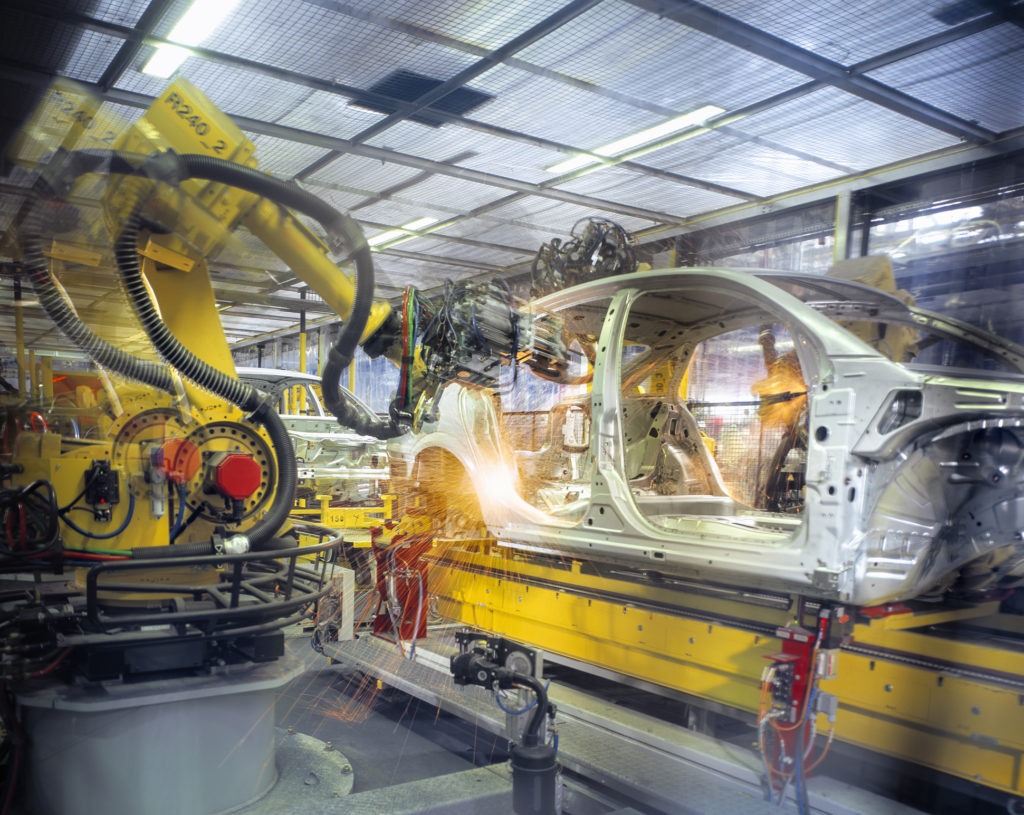Inspection crisis highlights quality concerns across Japan’s automotive industry
02 November 2017

02 November 2017
Japanese manufacturers Nissan and Subaru are facing claims that misconduct surrounding final vehicle inspections has been ongoing for almost 40 years.
In October, Nissan suspended production at its Japanese facilities for domestic vehicles, and ordered a recall of 1.2 million vehicles sold in the country over the past three years. It is believed that the company has been conducting improper checks since 1979, using technicians who were not registered with Japan’s transport ministry, a necessity of automotive regulations in the country.
After the initial revelations of uncertified inspection, an external team probing the lapses found that some Nissan plants had transferred final vehicle checks to other lines. The company will reconfigure the inspection process, and plans to add additional final inspectors, Nissan CEO Hiroto Saikawa said this month.
The company has said models exported from Japan aren’t involved in the recall as the quality certificate is a Japan-specific requirement by the ministry. There are no safety issues with the vehicles, the company has said repeatedly.
Meanwhile, Subaru has said that the company has failed to follow proper inspection procedures for more than 30 years. The company stated that it has allowed uncertified technicians to conduct final inspections at its main Gunma factory located north of Tokyo. As a result, around 255,000 vehicles will need to be recalled to ensure the correct safety related paperwork can be provided.
′The final inspection process is very important and we acknowledge that we did not meet requirements,’ CEO Yasuyuki Yoshinaga told a news conference. We used the same process for more than 30 years without realising that it did not meet ministry requirements.’
Both Toyota and Honda have stated that there are no compliance issues in their final vehicle checks, with all their technicians being registered.
While the news has no impact on the overseas market for the two companies involved, it does highlight a growing quality problem within the Japanese automotive market. Earlier in October, supplier Kobe Steel was forced to issue an apology over suppling aluminium to manufacturers after falsifying quality checks. This meant domestic manufacturers such as Toyota and Mazda, as well as General Motors and Ford, had to conduct inspections on panels in their production line to determine whether there were any safety issues that may prompt a recall.
Another Japanese supplier, Takata, is facing financial ruin following issues with its airbag system that has been related to around 16 fatalities globally, after it was found that inflators containing the chemical compound ammonium nitrate were unsafe if used without a drying agent, which would cause them to explode without warning. Due to this safety defect, Toyota has been forced to recall three million cars globally, with other manufacturers following suit.